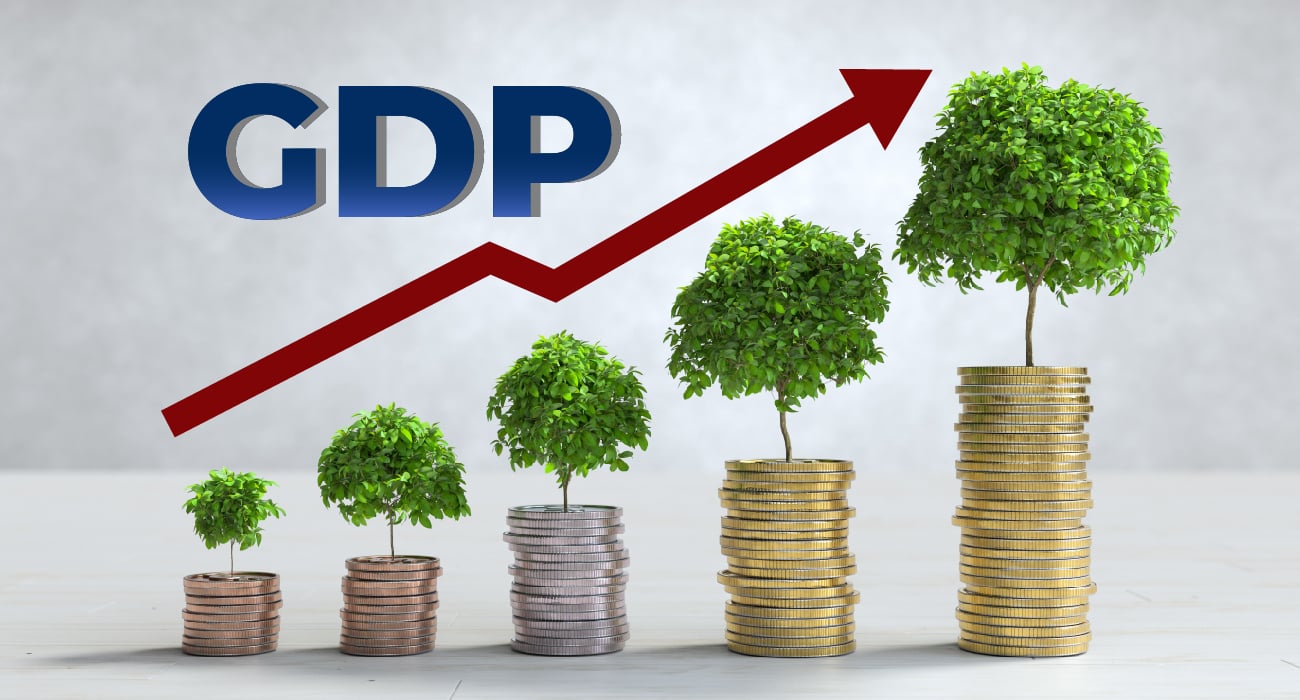Copyright tribuneonlineng

Nigeria’s economy is expected to maintain a moderate growth trajectory in the final quarter of 2025, with the Gross Domestic Product (GDP) projected to expand by 3.7 per cent, as fiscal and monetary reforms begin to yield measurable impacts on revenue performance, exchange rate stability, and investor sentiment. This projection was made by Johnson Chukwu in the Q3 2025 Nigeria Business Climate Report released by Cowry Asset Management. In the report, he discussed the nation’s economy in transition, balancing the gains of recent policy reforms with the challenge of sustaining long-term, inclusive growth. The outlook for Q4 2025 is anchored on improved crude oil production, expected to rise to between 1.6 and 1.65 million barrels per day, as new local operators reopen shut-in wells and operational efficiency improves. Inflation, which averaged over 22 per cent in mid-year, is projected to ease below 20 per cent by December 2025, supported by a stronger naira and steady foreign exchange inflows. Chukwu, the Managing Director of Cowry Asset Management Limited, projected Nigeria’s external reserves to increase to around $46.5 billion by year-end, driven by moderate oil receipts and disciplined Central Bank interventions. The naira is forecast to trade within the range of N1,280 to N1,350 per dollar, reflecting improving market confidence and reduced import demand. “We expect modest growth in the final quarter as fiscal and monetary adjustments begin to stabilise the economy. However, sustaining this momentum requires productivity-led growth and private sector resilience,” Chukwu said. ALSO READ:Equities market dips further as investors lose N1.5trn On the fiscal front, the report attributed the rebound to reforms in tax administration and improved transparency in public finance, but warned that “heavy taxation in an unproductive economy” could erode business competitiveness and weaken consumer spending. “Revenue growth is encouraging, but without a parallel boost in productivity, infrastructure, and export competitiveness, fiscal gains may not translate into sustainable economic transformation,” the report cautioned. Cowry highlighted improvements in government revenue, driven by more efficient tax collection, policy harmonisation, and tighter fiscal coordination. Data from the Federal Inland Revenue Service (FIRS) and the Federation Account Allocation Committee (FAAC) showed a significant rise in corporate tax, VAT, and petroleum profit tax receipts in 2025, pushing total federation allocations to record levels compared to 2024. Between January and August 2025, monthly FAAC disbursements grew by double digits, reflecting stronger non-oil revenue generation and improved fiscal discipline across federal and subnational governments. The report described 2025 as a defining year for Nigeria’s economic rebalancing, noting that recent policy reforms—from exchange rate unification to fiscal tightening—have enhanced short-term stability but must now be complemented by measures that expand productive capacity. The analyst urged policymakers to maintain reform consistency, improve the ease of doing business, and promote industrial diversification, drawing lessons from Asian economies that achieved rapid growth through productivity-led and export-oriented strategies. The report concluded that Nigeria is on a path of transition, noting that with inflation easing, oil output rising, and fiscal revenues expanding, the next challenge lies in turning reform-driven gains into broad-based economic development. NIGERIAN TRIBUNE



